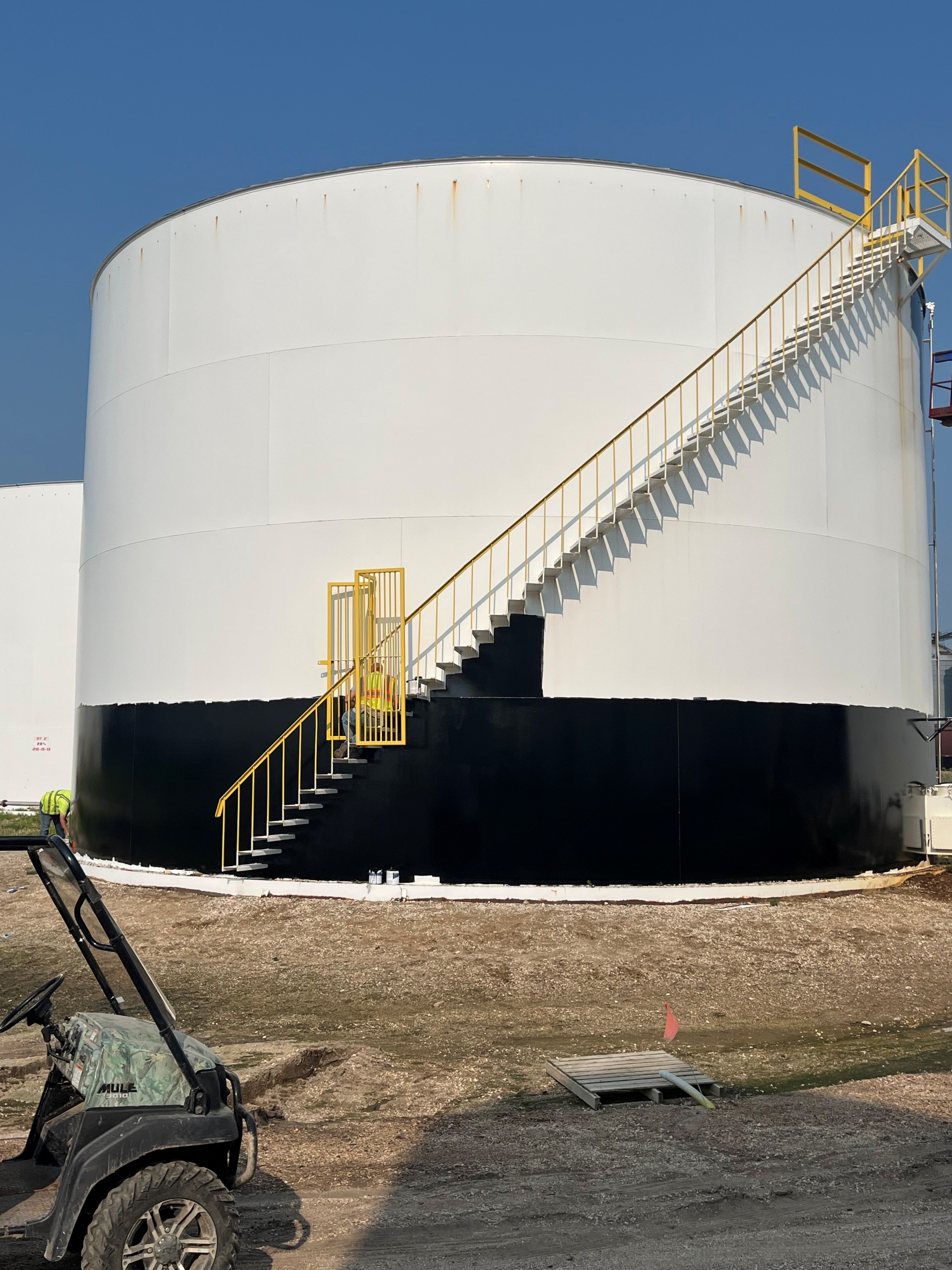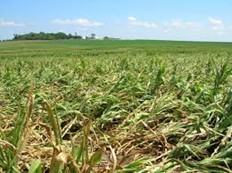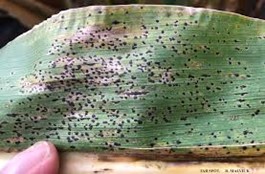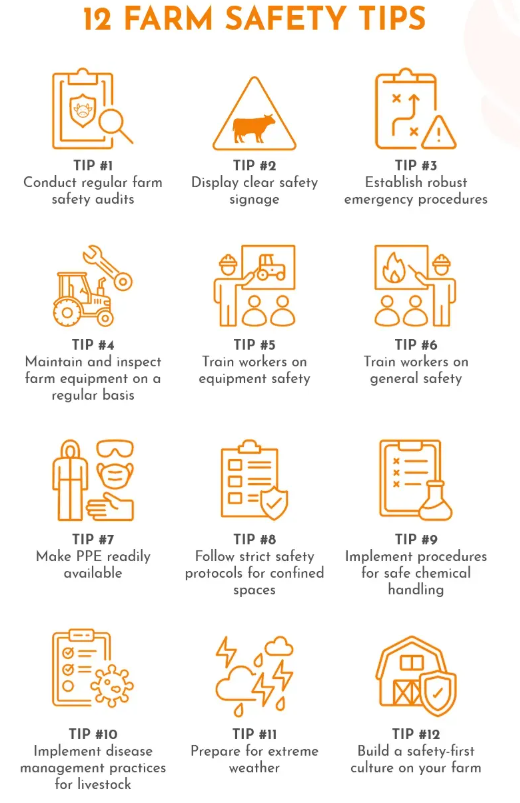1-800-368-3310 520 COUNTY RD 9, HOLLOWAY, MN 56249
Monday-Friday
8:00 am - 4:30 pm
Contact us to sign up for text messages
about our hours and other important updates.
| Name | Cash Price | Price Change |
|---|---|---|
| HOLLOWAY | ||
| APPLETON | ||
| MILBANK | ||
| DLVD AGP DAWSON | ||
| DLVD AGP ABERDEEN |
All grain prices are subject to change at any time.
Cash bids are based on 10-minute delayed futures prices, unless otherwise noted.
Western Consolidated Coop will not accept grains, oilseeds or wheat containing transgenic events not approved for U.S. export markets; such markets to include, but are not limited to Canada, China, South Korea, the European Union, Japan and Mexico.
Western Consolidated Coop has ZERO TOLERANCE for treated seed occuring in grain. Make sure all equipment is thoroughly cleaned and inspected before using it for grain.
Twin Brooks will be Closed on
Tuesday August 5th, so employees
can attend the funeral of their friend,
West-Con employee Hallie Stallman
who passed away on July 30th.
Please click below for a link
for Hallie's Obiturary.
Hallie Stallman Obiturary
(1999-2025) Browns Valley, MN
Holloway is getting tar re-done In the Beginning of August. We will Update the Website on the Exact Dates. At that time we will divert all trucks to Appleton for grain and will have very limited Agronomy services. Plan on down time of 5-7 days.
West-Con has the following positions available
Twin Brooks Class A Truck Driver
To Download an Application Job Application
____________ _ ____ __________________ ______________
Retail Agronomy Hours
Monday - Friday 8:00am - 4:30pm
__________________________________________________________
West – Con Liquid Fertilizer Storage Tanks
White in Color vs Black
From the time they were built, West-Con’s liquid storage tanks have always been white, and a very nice, clean looking white at that. Going forward, starting with the large tanks in Holloway, you will likely see those big white tanks slowly transition into big black tanks. The tank itself is technically the second form of containment, as inside each of those big tanks, is a very large rubber liner. All four of the big tanks in Holloway and now, the two 2-million-gallon tanks in Twin Brooks have them. That being said, it’s very important when it is time to add, mix or pull products out of those tanks, that we be very careful not to alter, cut or damage those liners. Everyone knows how cold our Minnesota winters can be. The products in these tanks are subject to those extreme temperatures, and are not immune to changing the integrity of the product inside of them depending on how cold and how long they are subject to those extreme temps. The temperatures of the products inside can vary somewhat dramatically based on the color of the tanks and the ability to absorb or reflect solar radiation. The lighter colors such as white or beige reflect more of the sun’s rays, absorbing less heat, whereas the darker colors like black, dark blue or dark green absorb more of the sun’s radiant energy, which leads to retaining more heat. Everyone can see what the reasoning is, but the effects of the color differences on products inside these tanks can be anywhere from 5-25 degrees warmer in the darker tanks, averaging closer to that 15-20 degrees warmer. This variance will greatly impact the products and the state they are in, which in turn will hopefully allow us to add, mix, and move product as early as needed when each upcoming spring approaches. Each of the liquid products we handle can react differently to the extreme cold temperatures, but we will be starting with the big tanks that hold ATS (ammonium thiosulfate) first, likely followed by the 28% tanks from there. White tanks will continue to be the color of choice for most fuel products, so they reflect and reduce the amount of heat generated.



~~~~~~~~~~~~~
Importance of Scouting Corn & Soybeans for Bugs and Disease
1.Early Detection = Early Control
- Identifying pests or diseases before they reach damaging levels can be crucial to your crop, being able to detect an issue before it causes major yield loss is critical
- If you know you have a certain issue in any given field you should plan ahead, weather that’s planning on one or two shots of fungicide/insecticide, or just picking a variety that will tolerate whatever pest you are dealing with
2.When & What to be scouting
- The best time to scout is early and often, disease and bugs can move in within days so checking your crop once a week isn’t the worst idea
- The best way to manage your crop scouting is to create a plan
- Have your fields laid out and pick the fields that you have had issues with in the past and scout them more often than fields that you haven’t had issues with
- There is typically a rough timeline on when disease and bugs start showing up, it varies on the year, what the weather conditions have been, and what stage the crops at
3.What to look for with this year’s wet conditions
- Having a cool-wet spring/early summer is never a great way to start a crop year since most diseases thrive in these kinds of conditions
- Here are some of the diseases you should be looking for this summer when crop scouting
- Corn – Common rust, Northern corn leaf blight, Tar Spot
- Soybeans-Phytophthora root & Stem rot, Rhizoctonia, white mold, Frog eye leaf spot
For scouting advice please contact your West-Con agronomist


Corn root worm damage Tar spot damage
Click the link to see a guide on how to scout for corn root worm and a Scouting Calendar from Brevant seeds with all the listed insects/Diseases pictured.
2025 Financing Options Click Here


With Grower 360, you can view your scale tickets,
grain assembly sheets, contracts, agronomy bookings,
field maps, statements and invoices
online through our website.
Please Contact
Kelly Nielsen (ext. 1254)
or Al Connell (ext. 1231)
To set up and activate your
Grower 360 Account













.png)






